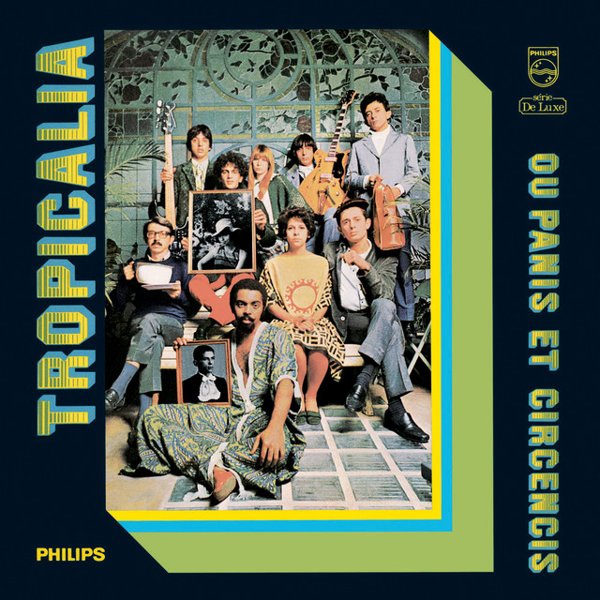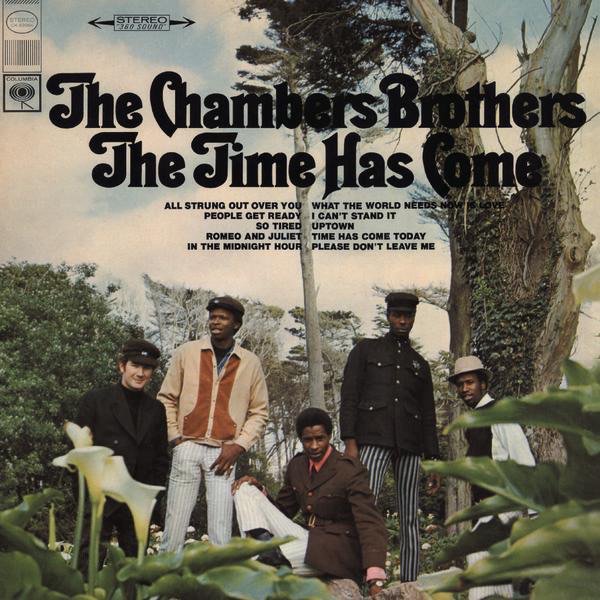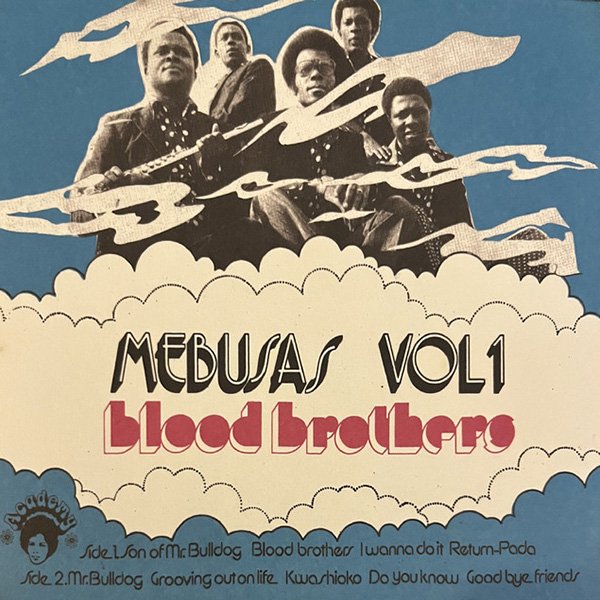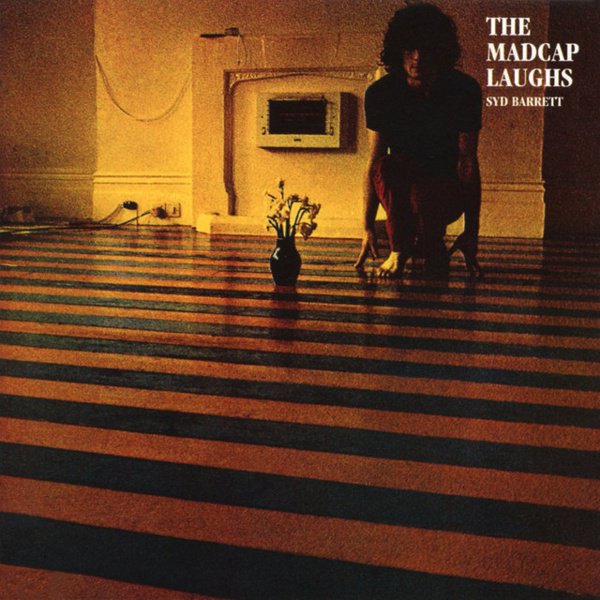
Recommended by
Tropicália: Ou Panis et Circenses
Taking as its title a phrase (bread and circuses) from Roman poet Juvenal about the diversion of the public’s attention from politics to entertainment, few compilations feel as revolutionary and subtle as Tropicália ou Panis et Circencis. The title track from Os Mutantes might be the watermark for the entire movement. You don’t need to understand Portuguese to be overwhelmed by its exuberant manic sonic energy. Gal Costa and Caetano Veloso’s dulcet duet “Baby” remains one of his gentlest tunes. The pairing of Gilberto Gil with Mutantes yields “Bat Macumba,” a tune that hints at Bahian religious practices macumba and candomblé as well as Batman, all set to a crunchy garage rock riff for the ages. But uncertainty lurks at the edges. What sounds like cannon fire can be heard amid the flute trills of Gil’s “Miserere Nóbis”. Unspeakable/unsingable violence is never far away here.
Tropicália: ou Panis et Circensis (1968) marks a time when Brazilian music was anything but ordinary. Caetano Veloso, Gilberto Gil, Gal Costa, Tom Zé, and the trio Os Mutantes all appear here, and the album is the materialization of a movement that changed paradigms in Brazilian music as it welcomed foreign musical elements into the Brazilian musical terrain — something quite avant-garde for its time. The result, arranged by the maestro Rogério Duprat, is an album with many layers, ranging from tastes of capoeira, The Beatles, and Cuban bolero to the sounds of a Catholic procession from a small town in Brazil’s countryside. Even more daring is the album’s strong anti-system rhetoric: the ground-breaking track “Panis et Circencis” is an aesthetic revolution, attacking the status quo with sarcastic verses and experimental samples; “Geléia Geral,” on the other hand, exposes both the gems and the contradictions of Brazilian society with Gilberto Gil’s compelling interpretation. Talking of gems, both the opening and closing tracks end with the sound of cannons, a discrete-but-wise strategy to express resistance to the military dictatorship that ruled Brazil at that time.












